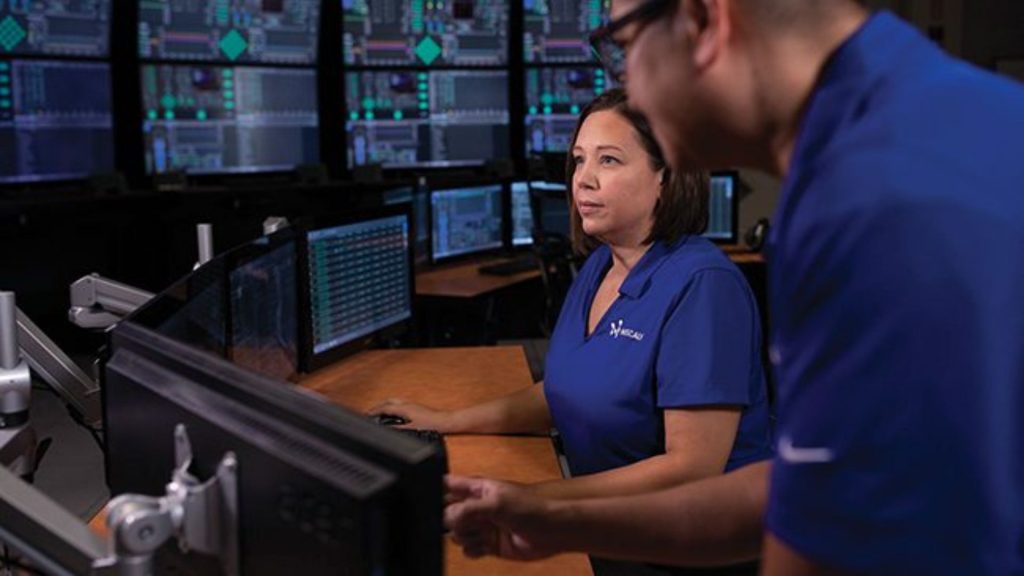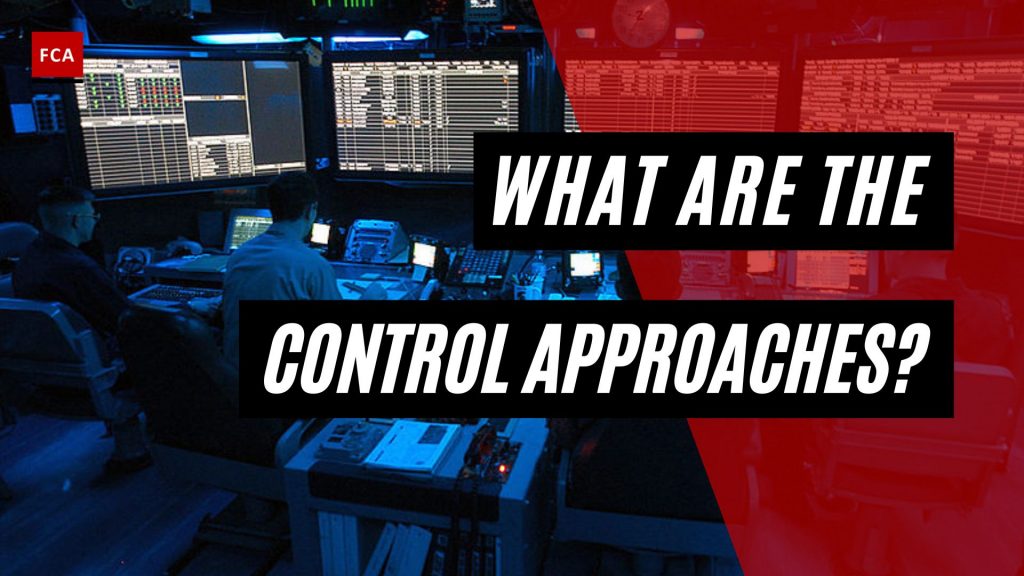What are the control approaches? The regulators require companies to implement risk management and, control procedures, to prevent and, detect insider trading. Companies are required to monitor the trading activities in the market, and the behavior of the employees with sensitive information that is not made public. The regulators such as the Securities and Exchange Commission (SEC) monitor the trading activities, and, other events material to the company’s value that may move the share prices significantly.

What Are The Control Approaches?
Control approaches include the Board and management supervision, to periodically monitor the activities that may lead to insider trading. Further, policies and compliance programs are prepared and implemented, to ensure that all the employees are made aware that insider trading is strictly not allowed, and all the employees must be provided training in this regard.
Below are some control procedures, that may be implemented by the company, including the investment company, brokerage house, and other companies dealing in public funds for investment purposes. These controls aim to avoid the risk of occurrence of insider trading:
Conduct Due Diligence
Companies implement the due diligence processes and perform know your clients (KYC) to investigate the background of potential and, existing employees. The red flag mechanism is put in place where any incident or risk of occurrence of insider trading is escalated to the management, for investigation, and corrective measures.
- Extra care outside the office
Employees are required to take extra care when dealing or communicating with people outside the office. Companies implement policies, where confidential information must not be shared with an unauthorized or irrelevant person, whether inside or outside the office. Special care is taken at the trade, and social events, where an employee may be in close contact with other people, where employees are required to take extra care when making conversations on sensitive topics.
Employees are required to ensure that they know what they are legitimately allowed to share with others to prevent unlawful disclosure of confidential information about the particular security or shares of the companies. Employees are required to not disclose information such as about the takeovers, mergers, earnings, profit warnings, or litigation about the companies.
- Not to induce others for a transaction based on inside information
Companies must take appropriate measures in the form of confidential policies, and periodic monitoring, where employees are advised not to induce another person or potential investor to transact or make purchases of securities, based on the inside information. This is an offense under the local regulation to deal or attempt to deal in financial instruments or recommend to others based on inside information.
- Promptly report any Insider Trading
All employees must be required to promptly report any insider trading, unlawful disclosure, or market manipulation issues to the ethics or compliance team, respective line manager, or HR as per the approved whistle-blow policy of the company. Employees must be vigilant about the trades outside normal buying patterns as they may indicate suspicious activity, which needs to be investigated by the compliance team.
Management Control System
A management control system (MCS) is a system that collects and analyzes information in order to evaluate the performance of various organizational resources such as human, physical, and financial resources, as well as the organization as a whole, in light of the organizational strategies pursued.
To implement organizational strategies, the management control system influences the behavior of organizational resources. A management control system can be either formal or informal.
Final Thoughts
Price competition is used to evaluate output in market control. Managers compare profits and prices to determine their organization’s efficiency. To use market control, there must be a reasonable level of competition in the goods or service area, as well as the ability to clearly specify requirements.
Market control is ineffective in controlling functional departments unless the price for services is determined by competition and is representative of the true value of the services provided.








